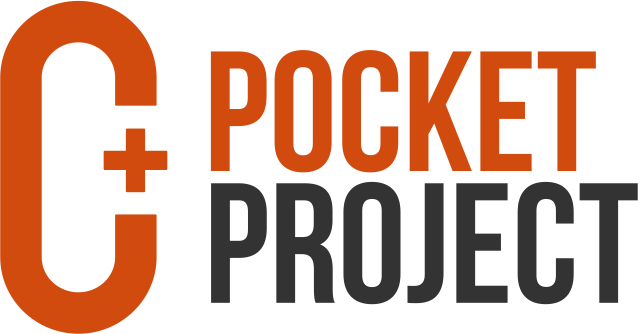Conference on Institutional Change
February 8, 2018
Articles
Resonance, Institutional pathologies and collective Trauma
Impressions form the 4th Witten Conference on Institutional Change
As part of the Pocket Project volunteer group and PhD. students, Lukas Herrmann and Adrian Wagner presented their recent research in the context of collective trauma integration at the fourth Witten Conference on Institutional Change. Can institutions become pathological? What are pathologies in institutions and how do they relate to collective trauma?
At the fourth Witten Institutional Change conference on Institutional Pathologies from 1st to 2nd February 2018 a heterogeneous group of scholars, researchers and practitioners came together to find answers to such questions. Prof. Matthias Kettner and Dr. Kerrin Jacobs began with an introduction of the medical model of pathology in medicine and how such a model could be translated and slightly modified for institutions. A lively debate erupted due to the high diversity of disciplines such as medicine, psychology, political science, organizational studies, management, philosophy and sociology. The difficulty to choose amongst the different topics in the parallel sessions was a proof of the quality of the multi-layered content.

Particularly relevant for the work of the pocket project is the new theory of resonance by sociologist Hartmut Rosa. In the tradition of the critical theory he explained in his lecture the underlying acceleration mechanisms of our late modern capitalist systems. In his opinion the underlying forces are understood through a “triple A engine”: Acceleration, appropriation and activation. Acceleration is triggered through innovation and technology because of the inherent need of capitalism to grow. Similar to a bicycle that is stabilized through movement, capitalism needs to move faster to not slow down and collapse.
The ideology of neoliberalism and market mechanism in addition are more and more embedded in our society leading towards the appropriation of the cultural and other sector of society. In addition, human and environmental resources are activated, resulting in burnout and ecological destruction. Rosa, one of the most important contemporary sociologists in Germany, pointed out that talking about climate change, or the idea of slowing down seems insufficient. “We have been talking about climate change for 40 years, and we are still flying more every year” he said. His conclusion is to look at deeper societal dynamics, shifting away from the classical critical theory, and including a phenomenological perspective.
One possible path to new solution is his recent work about a sociology of resonance. While slowing down will be almost impossible in our complex societies the question is more how to tune in and come into resonance. Resonance, for Rosa is a practice beyond rational, economic ideology and therefore needed in a fragmented world. Where resonance is lost, alienation takes over, a common feeling in our modernized and technologically governed worlds. Interestingly, Rosa also named trauma as one of the barriers to the experience of resonance. In a parallel session particularly focusing on collective trauma, Kerrin Jacobs gave a phenomenological overview on loneliness and the social roots of the phenomena. Subsequently, Lukas Herrmann (who is currently working on his PhD with Prof. Kazuma Matoba related to the pocket project) shifted the perspective to an organizational level looking athow generative fields and the hidden potential of collective traumata can be accessed.
In addition, Adrian Wagner, also PhD student of Prof. Matoba, showed how from a societal perspective how collective trauma can be perceived as the underlying cause for pathological institutions and how the integration through practices such as conscious social witnessing are fundamental in relation to the global transformation towards sustainability. In a dialogue with the participants, such as Jacob Dahl Rendtorff from Copenhagen Business School, the topic of collective trauma was not only discussed intellectually but also a resonance field emerged showing the need and possibility of transdisciplinary research in the future.
Conference on Institutional Change 2018
Blog post on reasonandrecognition.blogspot.de
Photos with kind permission from Heikki J. Koskinen, Docent of Theoretical Philosophy, Ph.D., University Researcher, Member of the Centre of Excellence, Reason and Religious Recognition (Academy of Finland)
